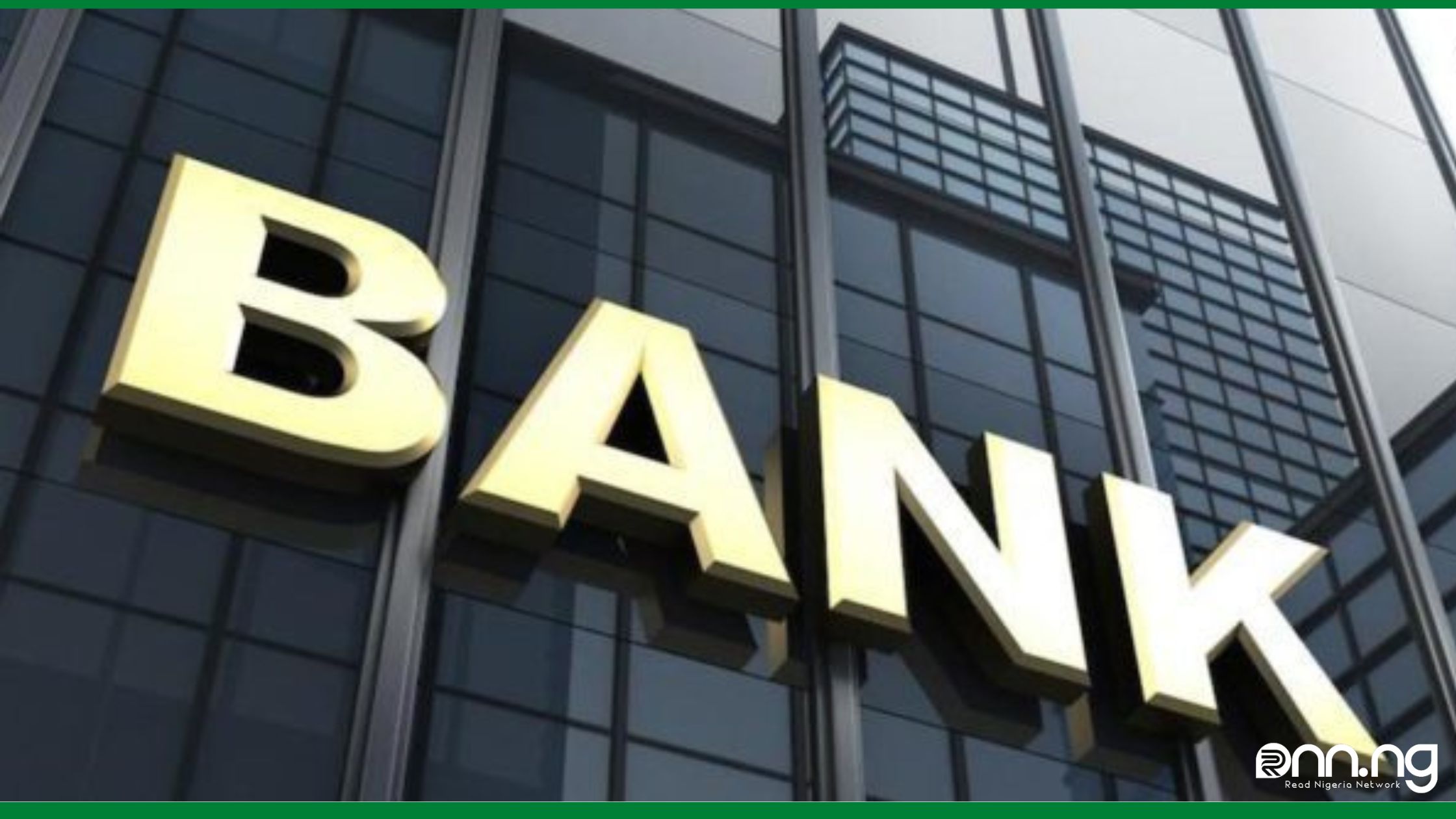Business News
Banks charged customers N715bn for electronic transactions
In the first nine months of 2022, Eleven banks charged their customers N714.61bn in electronic fees and other commissions. According…

In the first nine months of 2022, Eleven banks charged their customers N714.61bn in electronic fees and other commissions. According to the banks’ nine-month financial reports, this is a 16.92% increase over the N611.21bn in income the banks received from this source during the same time in 2021.
Zenith Bank Plc, Stanbic IBTC Holdings Plc, Fidelity Bank Plc, Sterling Bank Plc, Wema Bank Plc, Subsidiary, and Union Bank of Nigeria Plc were some of the banks mentioned.
Others were Access Holdings Plc, First Bank of Nigeria Holdings Plc, Unity Bank Plc, United Bank for Africa Plc, and Guaranty Trust Holding Company and Subsidiary Companies.
Credit-related fees and commissions, account maintenance costs, corporate finance fees, e-business revenue, asset management fees, and commission on foreign exchange deals were all included in the prices and commissions.
A few more included account services, maintenance, and administrative banking fees; commission on touch points; shared service costs; income from financial guarantee contracts issued; and transfer-related fees.
UBA made the highest money from fees and commissions among the banks (N138.08 billion), while Unity Bank made the least (N5.34 billion). Fees and commissions brought in N117.90 billion for Zenith Bank Plc, N12.02 billion for Wema Bank, N25.04 billion for Fidelity, N72.47 billion for Stanbic IBTC, N12.65 billion for Union, N19.84 billion for Sterling, N133.49 billion for Access, N66.94 billion for GTCO, and N110.84 billion for FBN.
READ MORE: Top 10 Best Banks In Nigeria (2022)
According to Access Bank, the provision of services to consumers transacting on the group’s alternative channels platform and on the numerous debit and credit cards provided for these payments is subject to fees and commission expenditures.
They are charged to the group for services provided on platforms for online banking, mobile banking, and online shopping, it stated. The income from cards (both domestic and foreign cards), online purchases, and bill payments with fees and commissions are the lines of income that correspond to these expenses.
On January 1, 2020, the Central Bank of Nigeria issued new regulations on bank fees. The new guidelines mainly affected the amount that could be paid for electronic transfers, hardware token fees, and card maintenance fees.
Banks were making a lot of money through bank charges, Uju Ogubunka, the president of the Bank Customers Association of Nigeria, claimed.
He stated, “A big source of worry for us as an association has been the issue of excess charges. Since then, we have been fighting it, and we won’t relent.
“However, I must say that in most cases, the excess charges imposed on bank customers are not deliberate but a result of a capacity-building problem. That is when new recruits or inexperienced hands handle transactions and overcharge.
“Also, most times, when the banks overcharge, they are made to repay customers with prime interest plus two percent.”
Source: punchng.com
